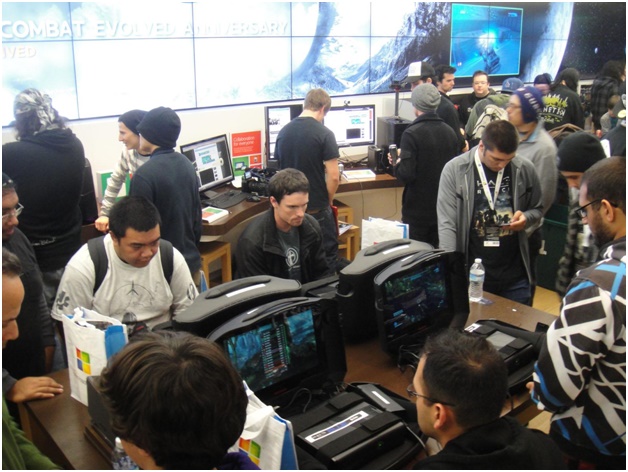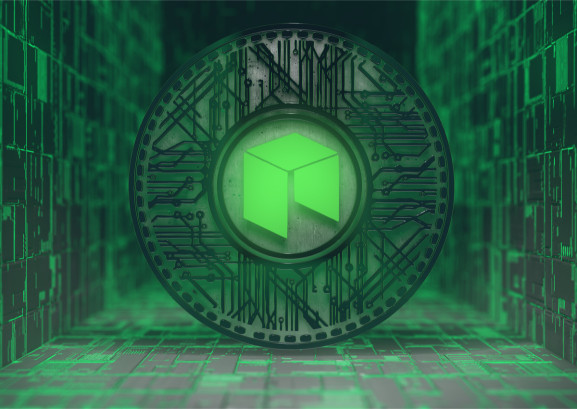Another day, another development in the world of cryptocurrency. This time it’s the turn of eSports— the professional-level tournament gaming industry—to unite with a decentralised currency in an attempt to bring it into the mainstream.

Photo by pop culture geek / CC BY 2.0
China’s Fujian eGaming Tournament Group, one of the leading players in the Asian tournament gaming industry, has recently announced a new partnership with Asura World LLC that the two companies hope will take eSports to the next level in the country.
As the home to some of the most successful eSports teams to date, including League of Legends specialists Edward Gaming, Shanghai Dragons and NewBee, China is increasingly becoming a major player in the fields of tournament gaming and mobile gaming. China currently possesses the second largest gaming market in the world (after North America), and local governments are even investing in the development of so-called “eSports towns” in major cities like Shanghai. However, for the first time in the history of eSports, the Asian superpower will now be integrating cryptocurrency into tournament reward systems.

Asura has committed a total investment of 5 million RMB’s worth of its cryptocurrency (Asura Coin) into the deal, which will be used to directly fund Fujian tournament prize pools as part of a three-year expansion plan. This is an unprecedented development for numerous reasons, not least of which is because Asura’s “self-sustainable eSports platform” and NEO blockchain-based coin are still relative newcomers to the industry, so they remain largely unknown both in and outside of Asia.
Asura World claims to be a “self-regulating, self-developing and self-evolving ecosystem” for the gaming industry, despite being in existence for less than six months. Also, its ICO is still underway (sale is due to close on 31st July 2018), which makes it an intriguing choice of partner for Fujian Group in comparison to some of the more well-known alt coin-based alternatives.
Harnessing the power of the NEO blockchain will have its benefits for the Asian gaming group, however. Often known as China’s answer to Ethereum, NEO uses a delegated Byzantine Fault Tolerance (dBFT) to keep its blockchain secure instead of the more typical Proof of Work. In short, this means that a community of shareholders and digital coin holders vote on the use of the blockchain, as opposed to approving transactions.

NEO is also future-proof; its objective is to be the number one platform for the creation of a new “smart economy” comprised solely of digitalised physical assets. Whereas other blockchains like Litecoin, Ethereum and even good ol’ Bitcoin itself are developed largely in response to demand, NEO’s technology is developing in anticipation of the future.
As far as the immediate future goes, Fujian has confirmed that Asura Coin payouts will form part of the prize pools for its upcoming King of Glory tournaments. KOG is an immensely popular game played throughout the world. This mobile multiplayer strategy-based game pulls in over 200 million active users per month. Fujian will also be building 5 dedicated eSports “arenas” in cities across China to specifically host KOG tournaments, providing Asura with the opportunity to connect with a huge international gaming audience.
